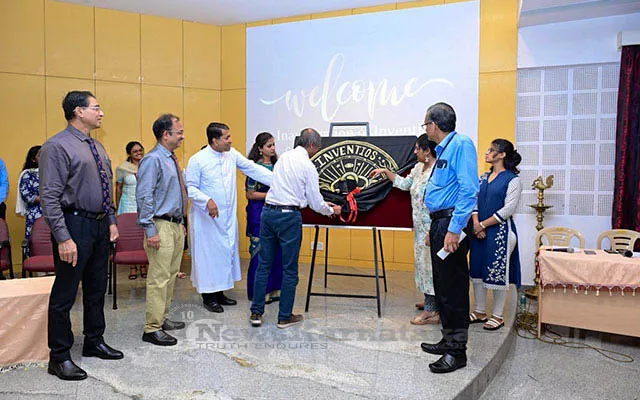New Delhi: The WHO on Thursday urged the Southeast Asian nations to intensify efforts to make the Universal Health Coverage a reality, and ensure that no individual is left out.
Among the initiatives needed to be taken care of include access to enhancement of quality frontline healthcare and creation of a well trained, highly motivated health workforce.
“Universal Health Coverage means that all people, however rich or poor, and wherever they live, are able to access the healthcare they need without incurring financial hardship. We must make UHC a reality and ensure that no one is left behind,” said Poonam Khetrapal Singh, regional director for World Health Organisation (WHO) Southeast Asia.
A three-day meeting on “Health, SDGs and the role of Universal Health Coverage” began on March 30, where health ministers and experts from across the region are discussing ways to accelerate health coverage and attain the Sustainable Development Goal (SDG) of ensuring healthy lives and promoting the well being for all at all ages.
According to WHO, an estimated 130 million people in WHO Southeast Asia region lack access to essential health services and over 50 million people are pushed into poverty every year because of healthcare costs.
Khetrapal said they were emphasising on the reduction of out-of-pocket payments of poor people.
“At present, out-of-pocket expenditures in the region account for as much as 70 percent of all healthcare spending. This represents a tremendous financial burden for individuals and their families. For many of the poorest it means healthcare is simply inaccessible,” she said.
Khetrapal said countries must monitor who is not getting access to care and who is being impoverished as a result of healthcare costs.
She said enhancing coverage will help reduce maternal, newborn and child deaths, help end the epidemics of AIDS, TB and malaria as well as hepatitis and other communicable diseases, and enhance access to sexual and reproductive health care services.
“It will also help tackle new areas of focus in the region, including alarming rise in non-communicable diseases such as diabetes and hypertension, as well as multi-sectoral issues such as antimicrobial resistance,” said Khetrapal.


















